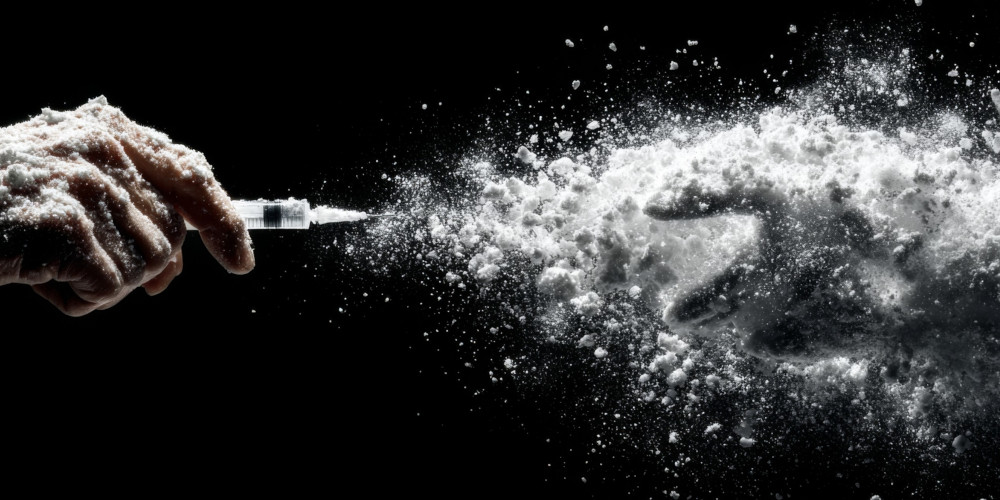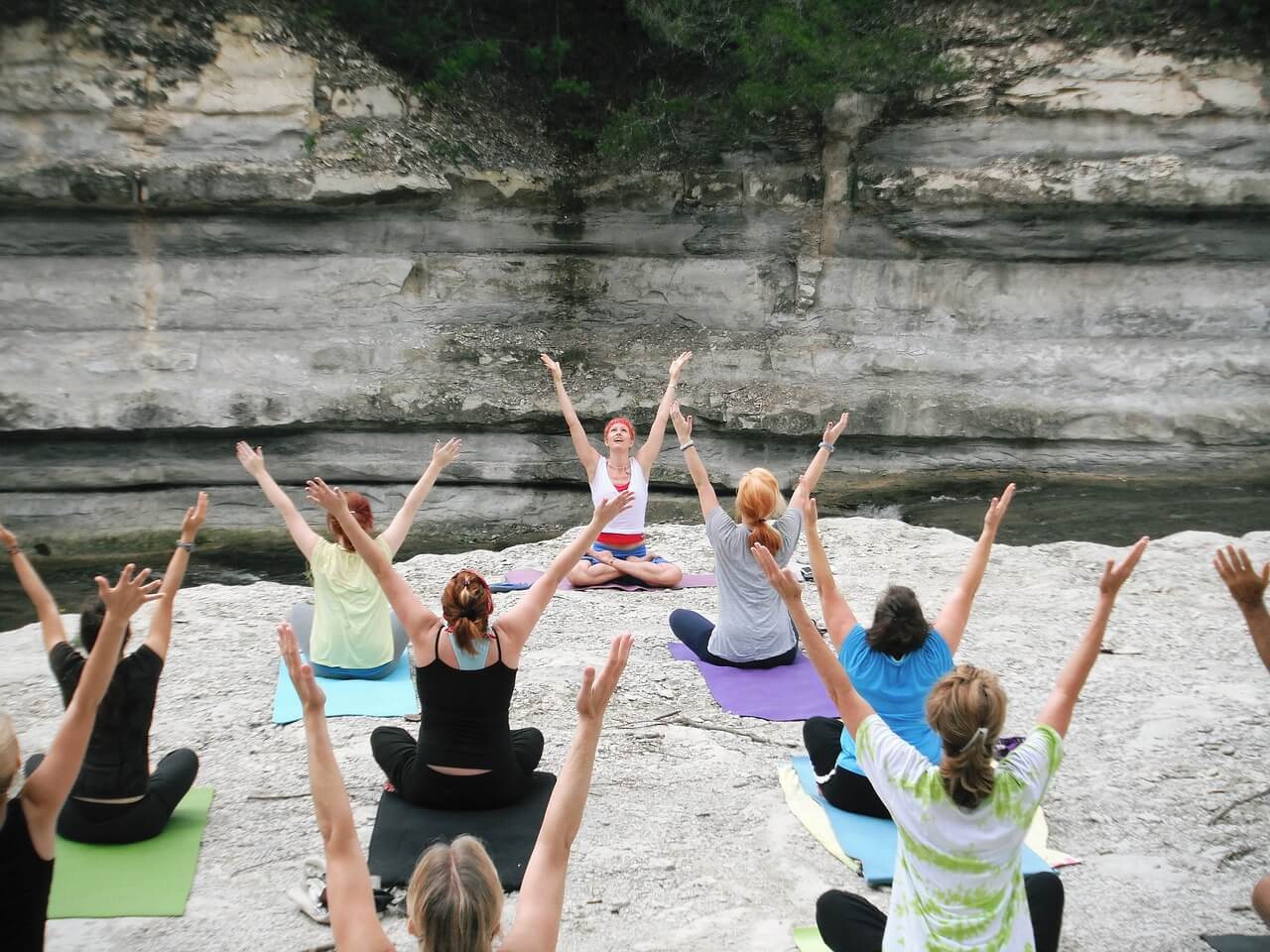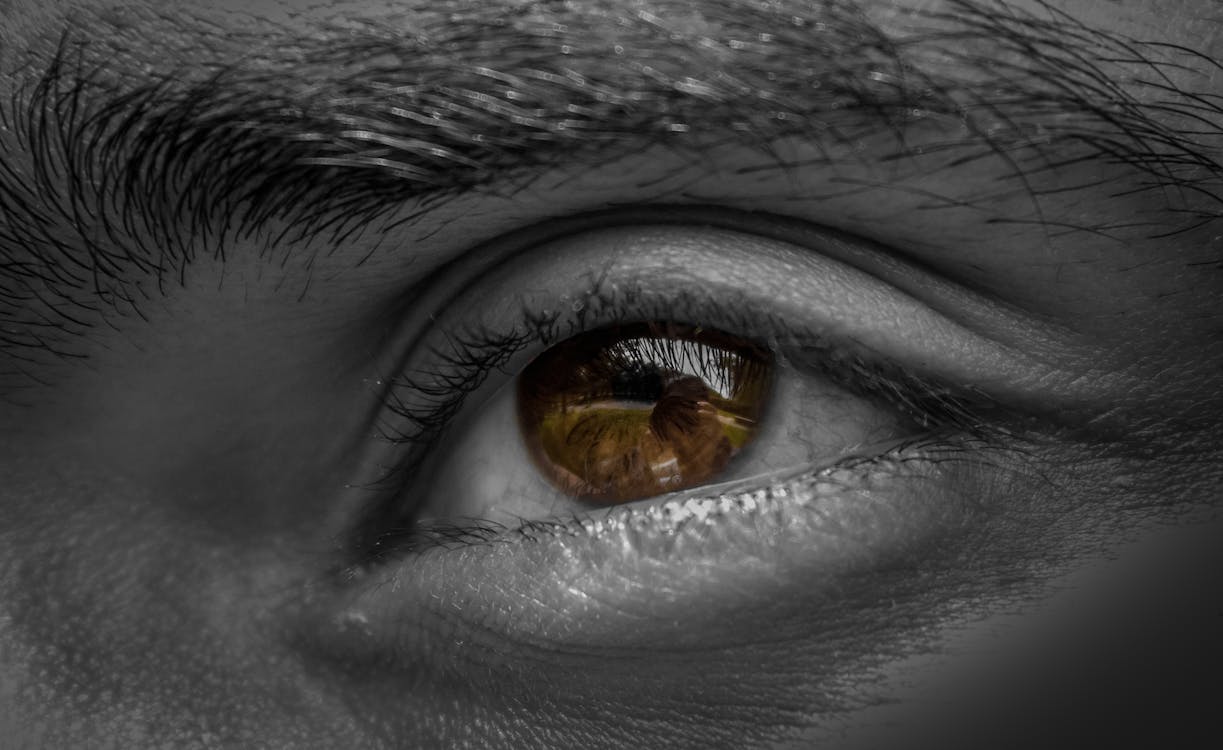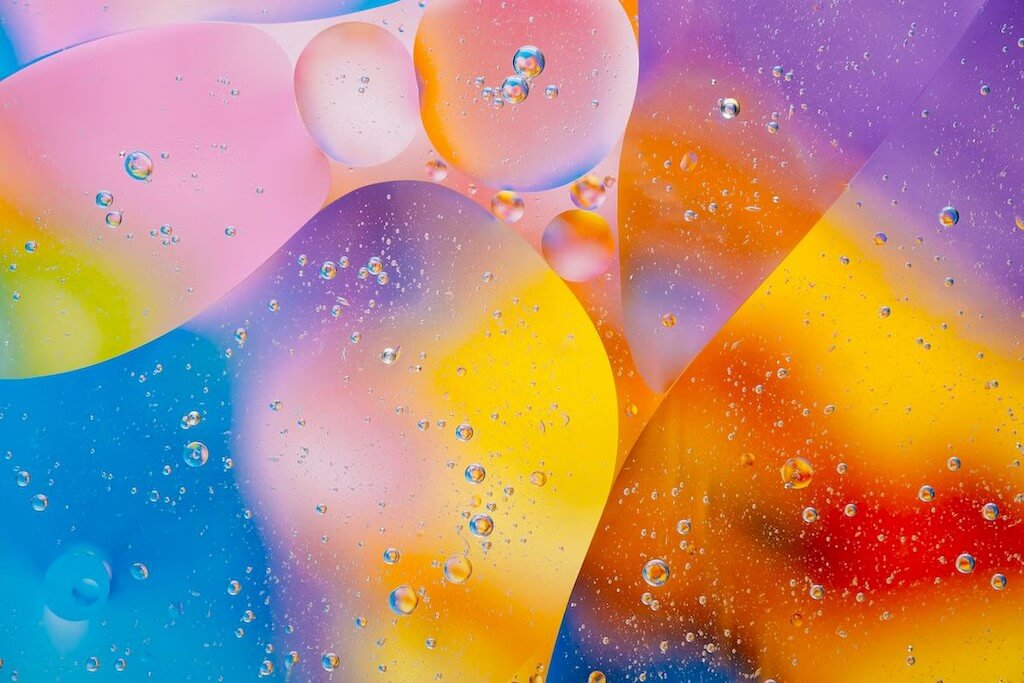Addiction doesn’t always start in dark corners. Sometimes it begins under soft lighting, over bottomless mimosas and “catch-ups” that blur into nights out. It hides behind trendy restaurants, designer gym gear, and the kind of laughter that sounds carefree but isn’t. In South Africa’s social middle and upper class, cocaine isn’t the “party drug” anymore, it’s the social glue. The unspoken secret that keeps the circle spinning.
The truth is, for many people, cocaine isn’t just about getting high. It’s about belonging. About staying relevant, being invited, keeping up. It’s not the substance itself that keeps you stuck, it’s the people around it. The rituals, the in-jokes, the sense that you’re part of something. And until you see that for what it is, breaking free will feel impossible.
The Social Engine of Addiction
Most people don’t start using cocaine alone. It starts socially, “just to try,” “just for energy,” “just this one night.” The first time usually feels harmless. But what hooks you isn’t only the drug’s chemical high, it’s the way it fits into your social life.
When you’re surrounded by people doing the same thing, it stops feeling dangerous. It becomes normal. A shared secret. Soon, the ritual isn’t the high, it’s the circle, the afterparty, the brunch recovery, the next invite. Cocaine becomes a password, an unspoken signal that you’re part of the group.
That’s the cruel part. Even when the fun fades, the social bonds make walking away feel like betrayal. You’re not just giving up a substance, you’re giving up an identity.
The Fear of Being Left Out
Addiction thrives on fear, and in this case, the fear isn’t withdrawal, it’s exclusion. Cocaine’s pull in social circles often has less to do with craving and more to do with belonging. You start worrying about what happens if you stop, Will they still invite me? Will I still be “fun”? Will I be the odd one out?
In these groups, cocaine use becomes woven into the culture. It’s not just at clubs or parties, it’s in hotel bathrooms, private homes, even post-Pilates coffees that turn into late afternoons with “a bump to get through the day.”
If you step out of that rhythm, it feels like you’ve lost your tribe. The irony is, most people in the same group feel exactly the same fear, terrified of what would happen if they stopped first. The social code keeps everyone trapped in the same cycle of pretending it’s under control.
Normalising the Unhealthy
Every addiction has its ecosystem, and in middle-class cocaine use, that ecosystem is polished, curated, and very good at pretending it’s not addiction. It hides behind words like “party,” “network,” and “balance.” The culture builds layers of excuses around it.
“She’s just letting loose.”
“He works hard, he deserves it.”
“We’re not like those people.”
That’s how denial grows legs. When everyone’s doing it, the line between social use and dependence disappears. It’s not until someone overdoses, loses control, or gets caught that the illusion cracks. But by then, the group has already rewritten the story, “They couldn’t handle it, we’re different.”
Addiction hides best in communities that pride themselves on control. The more successful, stylish, and confident the group looks, the deeper the denial usually runs.
Cocaine and the Illusion of Connection
Cocaine feels social, at first. It gives people the illusion of connection, of deep conversations, of unstoppable confidence. You feel funny, magnetic, interesting. You feel like you belong. But that connection isn’t real. It’s chemical. It fades the moment the high wears off. And what’s left is emotional emptiness. Real intimacy takes vulnerability, and vulnerability doesn’t survive in spaces built on avoidance.
That’s why the same people who seem inseparable on Saturday night barely speak on Monday morning. The friendships built on cocaine don’t survive sobriety because they were never about authenticity, they were about escape.
If you stop using, you’ll quickly see who was there for you and who was there for the buzz. It’s a brutal filter, but a necessary one.
The Suburban Coke Culture
Cocaine used to have an edge, a reputation for nightlife and danger. Now it’s moved to the suburbs. It’s casual, discreet, part of “adulting.” The same people doing morning yoga are doing lines that night. It’s presented as sophisticated, not self-destructive. In certain social circles, cocaine has become a status symbol, proof of success, energy, and affluence. It’s part of the language of modern performance. You work hard, you play hard, you keep going. But underneath that façade is a quiet burnout nobody wants to talk about.
The suburb becomes a paradox, clean lawns, luxury cars, and people quietly falling apart behind their walls. Everyone suspects everyone, but nobody says anything. Because as long as the brunches keep happening, nobody wants to break the illusion.
How the Group Keeps You Hooked
Social addiction isn’t about peer pressure in the teenage sense, it’s subtle, adult, and emotional. It’s built on habits that look like friendship but are actually dependency in disguise.
- Shared denial, “We’re not addicts, we’re just having fun.”
- Ritual reinforcement, The same people, same houses, same weekends.
- Emotional safety net, “At least I’m not doing it alone.”
- Mutual secrecy, Everyone protects everyone else’s lie.
This kind of social reinforcement is powerful because it feels safe. You trust these people. You care about them. You don’t want to judge them or be judged by them. But in the end, the group’s loyalty is to the behaviour, not the person. As long as the addiction remains unspoken, nobody has to face themselves.
The first person to walk away always feels like the traitor, but they’re actually the one breaking the pattern.
When the Group Starts Shrinking
Over time, cocaine circles get smaller. People start disappearing, some to rehab, some to new lives, some because they’ve simply had enough. The group becomes tighter, more defensive, more secretive. New people enter, old friends fade.
If you’re still in it, you start feeling like the last one standing. You tell yourself you’re fine because others are worse. You tell yourself you’re in control because you can stop “whenever you want.” But when your weekends are predictable, same faces, same conversations, same substance, that’s not control. That’s captivity with good lighting.
Rebuilding Without Losing Yourself
Leaving a cocaine-fueled social circle doesn’t mean you have to live like a monk. Recovery doesn’t demand isolation, it demands honesty. The first step isn’t cutting people out, it’s creating space for clarity. Take a few weekends off. Notice who reaches out for you and who reaches out for company.
Sobriety isn’t about being boring, it’s about being free. Free to connect, to rest, to have conversations you’ll remember. Free to wake up on Sunday without dread. Free to spend money on something other than self-destruction disguised as celebration.
You might lose some people along the way, but you’ll find others who are living life fully, not performing it. And those relationships will feel real in a way that cocaine never could.
The New Kind of Belonging
Recovery doesn’t mean leaving connection behind, it means finding it in truth instead of chaos. Humans are wired for belonging. That’s what made cocaine so appealing in the first place, the illusion of unity. But there’s another version of belonging waiting on the other side of honesty.
It’s in support groups, therapy sessions, morning coffees that don’t end in secrets. It’s in the relief of not pretending. When you surround yourself with people who don’t need to be high to feel alive, your world starts expanding again.
There’s laughter without paranoia, love without lies, and peace that doesn’t come from powder.
The Courage to Walk Away
Breaking away from a cocaine-using social circle might be one of the hardest things you’ll ever do. It will feel lonely at first. You’ll doubt yourself. You’ll watch others still laughing, still pretending, and you’ll wonder if you’ve overreacted. But there’s a truth that every recovering addict eventually learns, what feels like loss in the beginning is actually freedom in disguise. The friendships that fall away weren’t built on love, they were built on avoidance. The people who stay are the ones worth keeping.
If you want your life back, you have to be willing to leave the party. You have to accept that peace looks nothing like excitement, but it lasts a lot longer.
The brunches, the pilates classes, the late-night calls, they’ll all still be there. But once you’re out of that loop, you’ll see it differently. You’ll see people chasing the same high, the same escape, the same lie you finally escaped. And you’ll realise the real rebellion isn’t using. It’s walking away.




